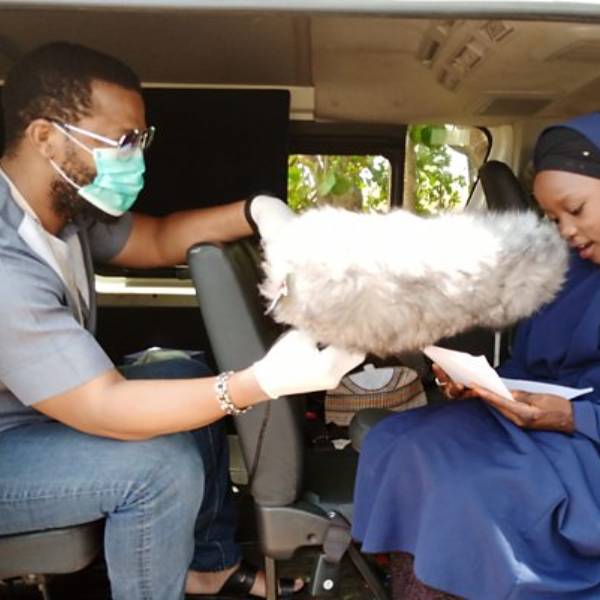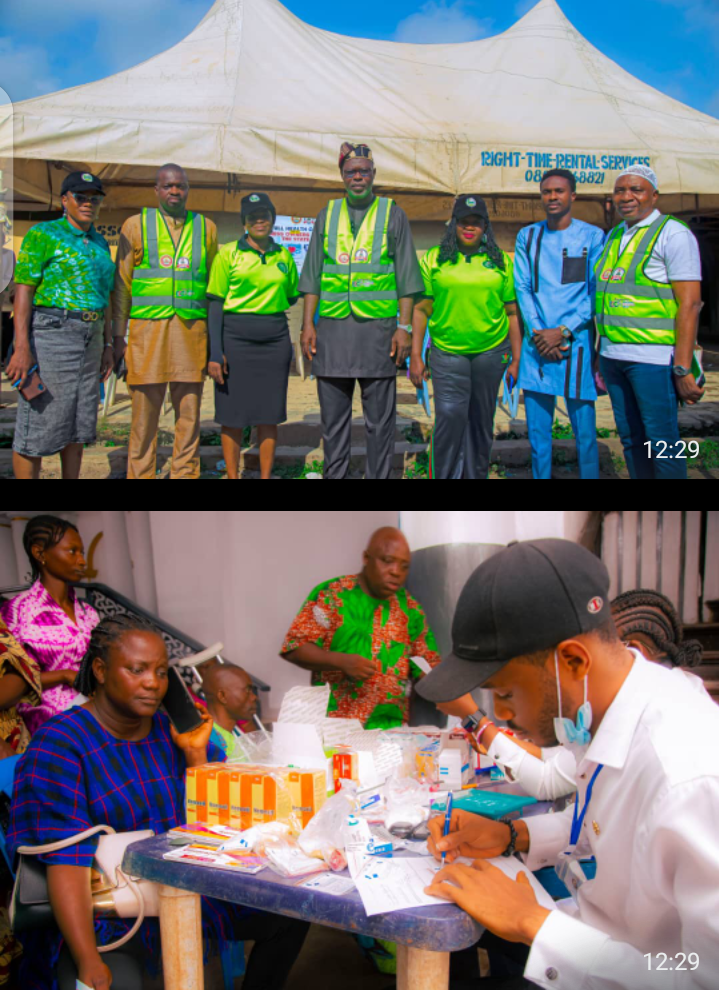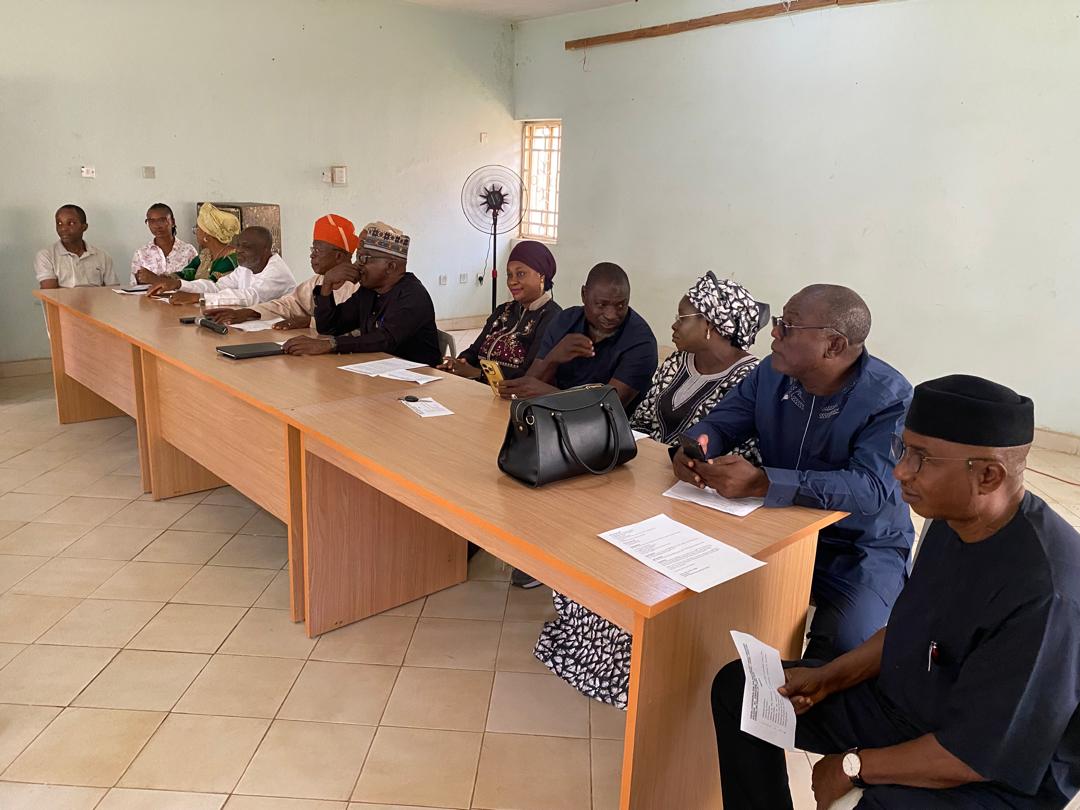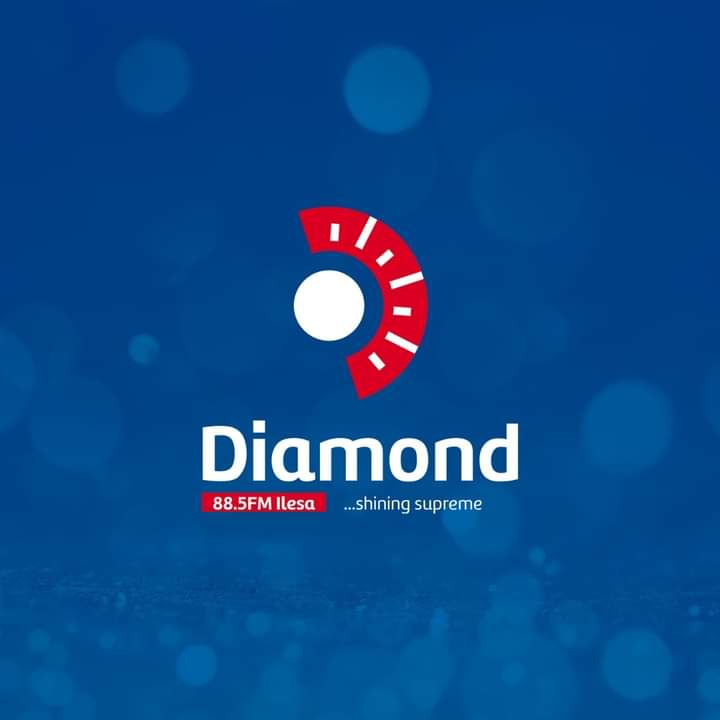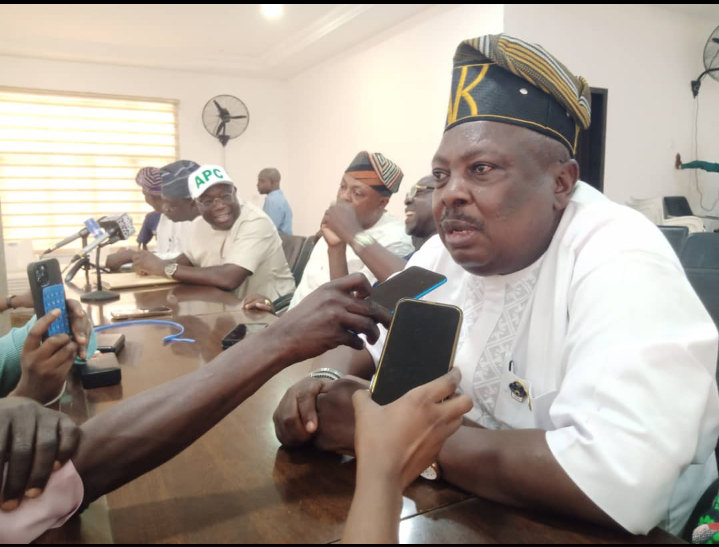The past year has been an incredibly challenging time for journalists and programme makers across the world. I remember telling my team in Nigeria at the outset of the pandemic in February 2020 that what we communicate to our audiences may save lives.
It was a daunting and uncertain time. The Government of Nigeria responded quickly with an unprecedented “stay at home order” in several Nigerian states.
The lockdown order immediately put the livelihoods of millions of Nigerians at risk. The prices of staple goods started increasing as people across the country prepared to stay at home to curtail the spread of a disease that, at the time, had only 131 confirmed cases and two reported fatalities. For many, it was hard to understand why such action was necessary. Meanwhile, misinformation and disinformation spread across the media with many claiming that COVID-19 was not real.
Given Nigeria’s population of over 200 million people, we knew trusted media and communication were critical to counter misinformation and rapidly reach people with life-saving information. BBC Media Action immediately pivoted our existing national brands, Talk Your Own in Pidgin and Mu Tattau Na in Hausa, to provide accurate health information.
But with a ban on domestic and foreign travel, we were not able to travel to our partners, or to invite some contributors to our studios for recordings. Nor were we able to invite our 130 trainees to Abuja for face-to-face trainings. Internet outages were a constant challenge when remotely interviewing contributors and our producers often stayed awake until the early hours of the morning to conduct interviews when their Internet bandwidth could maintain an uninterrupted connection.
We featured health experts and remote interviews with health workers on the front line; COVID-19 patients in isolation and those who had recovered; community leaders, religious leaders, and of course regular Nigerians across the country, providing them with a national platform to share their experiences and ask questions directly to decision-makers. We took extra care to be inclusive and give a voice to traditionally marginalised audiences who often suffer more in humanitarian crises, such as women, people living with disabilities, and older Nigerians who are particularly at risk of severe COVID-19 symptoms.

We also pooled our experiences working on COVID-19 globally across BBC Media Action, and the BBC World Service. Our health advisors used these insights to develop a handbook and a series of trainings for journalists who suddenly had to become experts on COVID-19 and Lifeline communication.
And, across ten states in Nigeria, we trained and mentored 130 journalists and producers on how to responsibly communicate in a public health emergency. “I learnt to be able to generate ideas that are relevant to the moment,” reported one trainee. “I learnt the value of data, timely data, consistent data, and correct data. I learnt there is value in getting correct data.”
What is more, we did all of this whilst most of Nigeria was under lockdown. Curfews were being imposed; many were suffering from an immediate loss of income and people wanted to know where and how to receive aid.
More worryingly, misinformation and disinformation were and are still rife – our current research has shown that 55% of people still believe in one or more myths about COVID-19.
Reaching millions at a time of critical need
Following audience research conducted in December 2020, we estimated that our radio programming reached 40.6 million Nigerians, or 35% of the population, during a time of critical need. Three in five (61%) Mu Tattau Na listeners and half (49%) of Talk Your Own listeners told researchers that they did change their actions as a result of listening.
In Kaduna, a man who listens to Mu Tattau Na told us “…listeners know how the program played a vital role in creating awareness… this is what you are supposed to do before you go out, how you wear the face mask, how to wash your hands and how to practice social distancing. Again, when you have a symptom of fever, what you are expected to do”.
Another woman, also from Kaduna, told researchers “they confirm information before they air it. Also, they are sourcing the information from BBC and honestly BBC doesn’t tell lies”.
Media at scale in a pandemic
Seeing our hard work pay off and make a difference to our audiences has given us a burst of energy to drive forward into 2021 – it feels good to know those late nights and our coordinated efforts have contributed to saving lives.
But we also know that great challenges are still before us. Nigerians are experiencing fatigue with the pandemic, and are less likely to take precautions to protect themselves. This is a serious concern given that, at the time of writing, the number of daily cases is around 2,000. At the peak of the first wave, the number of cases did not exceed 900.
Misinformation and disinformation persist around the pandemic. Our research shows that 25% believe that COVID-19 is a plot to divert public money and, perhaps even more alarmingly, 16% do not believe COVID-19 is real. What is more, we also know – from research and from our own work in childhood immunisation in the north of the country – that Nigerians have mixed feelings about vaccine uptake. Research conducted by SB Intel in Nigeria reported that 40% of Nigerians would not accept a COVID-19 vaccine if given the option. With the mass roll-out of vaccines scheduled for Nigeria later in 2021, I worry that even if vaccines are made available to Nigerians, this misinformation and hesitancy will hamper the country’s ability to curb the pandemic.
With news about the vaccine everywhere, Nigerians are already forming opinions and sharing their views with others. We cannot afford to wait – our work must continue to inspire people to carry on with preventative actions, while getting in front of this challenge to ensure success in vaccine uptake. As Africa’s most populous country, and its largest economy, the health and success of the entire continent depends upon it.

